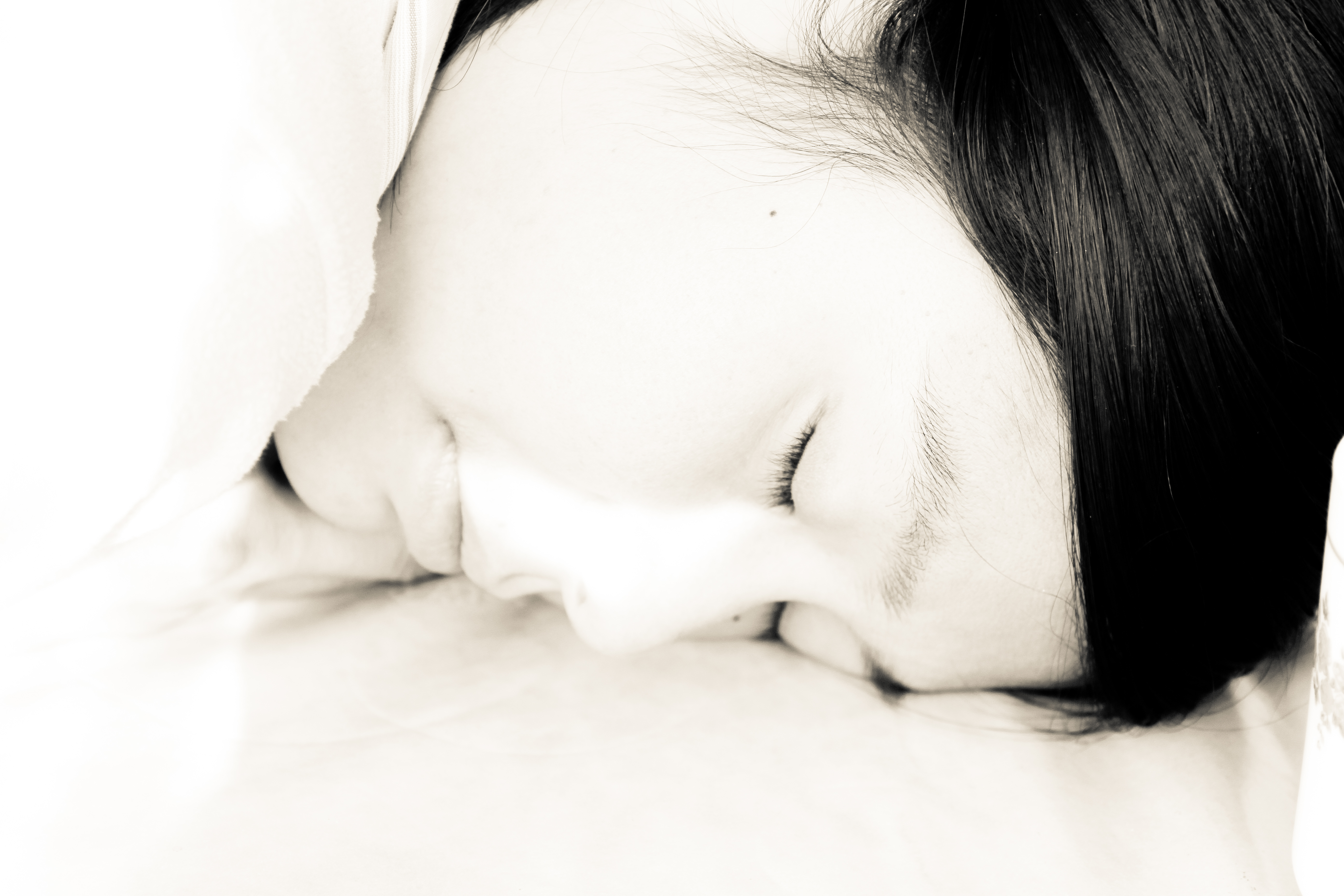Sleep Hygiene
By: Other | July 15, 2016

Written by Asal Azizi, Psy.D.
A good night’s sleep serves many important functions for our overall health. Physically and psychologically our bodies need to rest and repair overnight, which is essential as one gets older. Specifically, the brain relies on sleep for many cognitive functions such as retaining information and consolidation of memory. Unfortunately, sleep can be negatively affected by anxiety, depression and unhealthy sleep habits. It has been demonstrated that certain psychotropic medications and sleep aides may help some people who have trouble falling asleep or experience interrupted sleep throughout the night. Unfortunately, these drugs often come at a financial cost as well as unpleasant side effects.
The good news is that practicing healthy sleep hygiene can help improve sleep difficulties and allow for all the positive health benefits of sleep. If you are unfamiliar with what sleep hygiene entails, you may think it refers to brushing your teeth and making sure you have clean PJs and sheets to sleep in. Although these are important aspects of a good night’s rest, there are many more ways in which sleep hygiene helps improve sleep.
Timing
- Establish a pattern by going to bed at about the same time each evening and get out of bed around the same time each morning, whether it’s a weekday or weekend.
- Whenever possible, avoid naps. When they are necessary, limit naps to no more than 30 minutes.
- Adults need at least 7-8 hours of sleep per night whereas teens would benefit from an additional hour or two.
Sleep Behavior
- Create a pre-sleep ritual (a relaxing bath, meditation, light reading) which gives your body cues that it is time to slow down and prepare for sleep.
- Avoid using your bed as a desk to do work, a place to eat or as a couch to watch TV. Beds should be the place where one sleeps and has sex, nothing more.
- If you are unable to fall asleep in a reasonable amount of time (about 15 minutes) then get out of bed and engage in a non-stimulating activity then return to bed. Avoid tossing and turning which only leads to frustration.
- Avoid hanging out in bed, even on a “lazy Sunday”.
Environment
- Ensure a comfortable room temperature for optimal sleep. If you get cold easily in winter months, take a warm bath right before bed. If you tend to get hot overnight, make sure the window is open or AC is on.
- Reduce bright lights coming in from outside lamps by closing shades and curtains. Put the alarm clock on “sleep mode” to reduce the light to a soft dim.
- Use ear plugs if family members stay up later than you or if you live in a city with traffic noise.
Ingestion
- Avoid caffeine intake several hours before your bedtime; remember that some sodas and chocolate contain caffeine just like coffee and tea.
- Limit nicotine use prior to bedtime as it is a stimulant.
- Ensure that dinnertime is at least 2 hours before bedtime and avoid big or heavy snacks right before bed.
Mental Control
- Limit mentally stimulating activities in the later evening hours (action/adventure movies, loud music, energetic conversations, etc.).
- Use relaxation techniques. Although guided meditation and breathing exercises are primarily used for reducing stress and anxiety, many individuals find that they may fall asleep when practicing these techniques.
- If your mind is full of thoughts from the day, try listening to quiet and soft music without lyrics or reciting simple, calm words or mantras in your head.
Technology
- Keep smartphones and tablets away from your bed or even in the bedroom to prevent the bright light and stimulating sounds from interrupting your sleep when notifications and messages are received. This will also help limit the temptation to search social media or play games if you are having trouble sleeping as they are stimulating activities.
- Use smartphones in helpful ways just prior to bedtime by downloading an app with guided meditation practices to try just prior to getting into bed (examples of helpful apps include Headspace, Mindfulness Daily, and Calm).
Image: Pascal Maramis on flickr and reproduced under Creative Commons 2.0



